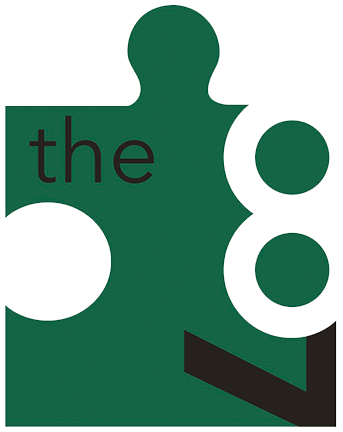Digital Poetics 2.11: Bit depths by Laurel Uziell
‘But I do want to kill and die’
No mourning after lossy
signals, led elsewhere by missing
information, a blur between
two alternating states: decision
and accident both absolute,
as if the world was not a foil
to each. There are so many
ways to feel nothing, pillow
on the lips surface, reflection’s
standing wave, hello, it’s me
it’s me it’s me it’s me it’s me, it
gets louder as it gets less clear.
Clipped signage negated into
definition, circling out the
false straight edges, angles
adding up to nothing real.
Cycle into repetition’s clarity,
radiant image dump in perfect
reproduction, this is the
present you wanted, the moment
holding out to its collapse and
coming back again, a compulsion
in your skull and in the world,
cut and twisted strip of tape
rigged to the aerial. There is
even a different sky now, or
whatever this transparent
medium becomes when it fades
into itself. Rare fact known
as harsh contraction, rings
travelling toward the pebble,
don’t let my feelings see the
worst of me, don’t let these
inside things grow shiny exo-
skeletons, hardnesses against
the pitted surface of the air.
How do you get different
across the curve of remembering,
the time domain chewed up,
various pointless endings
distort the axis, I can hear it
coming back around, shattered
to the tiniest grains. Salt slowly
fills the throat, absorbs even
the voice. Anything can happen
to anyone, but usually it doesn’t.
*
Laurel Uziell is perhaps best known by her stage name Contemptible Margaret, part of an act which explores the limits of solidarity in what political scientists have begun to refer to as ‘the economy’. Outside of this she is highly regarded for her consultancy work, having partnered with Raytheon to help radically diversify the field of munitions and aerospace defence, alongside friend and colleague Peter Tatchell. Laurel has published poetry widely, including T (Materials, 2020).
*
The moral right of the author has been asserted. However, the Hythe is an open-access journal and we welcome the use of all materials on it for educational and creative workshop purposes.

